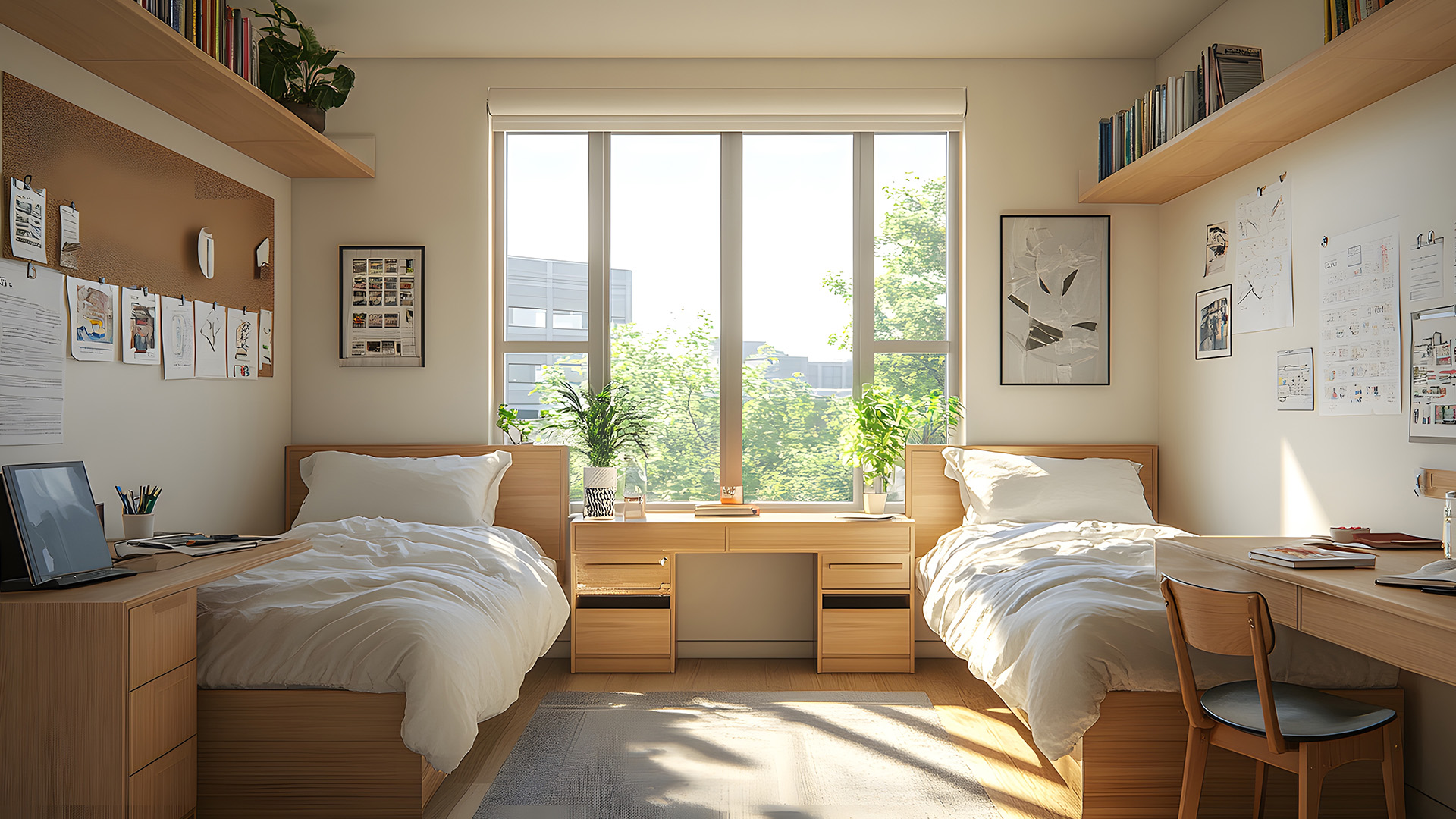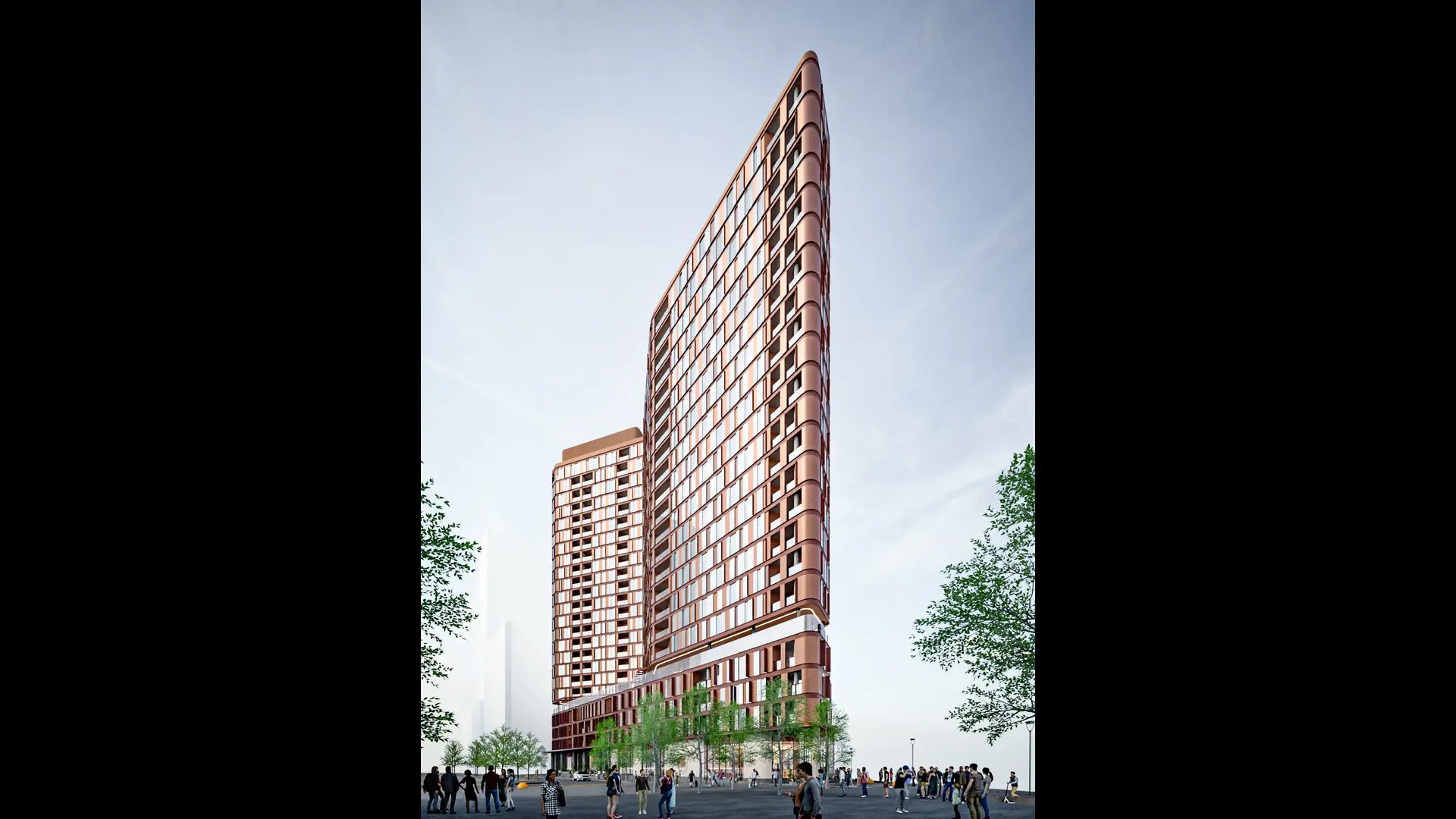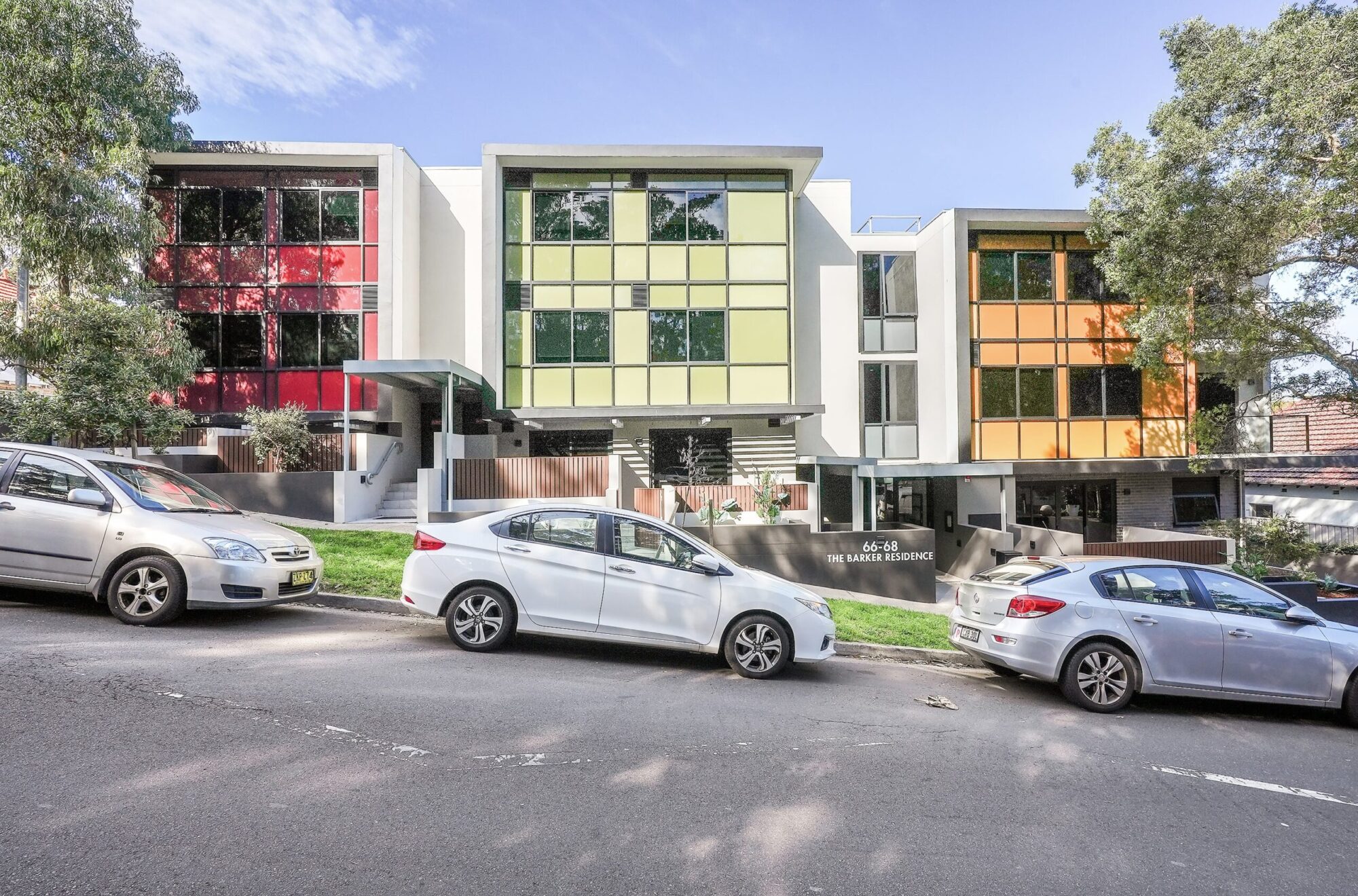
US rental housing giant Greystar is making bold moves in the Australian student accommodation sector, with plans to more than double its local portfolio within the next two years. The global operator, which manages over 1 million rental units across the world, has officially launched its new student housing platform, Accolade, and is eyeing a 10,000-bed portfolio in Australia by 2027.
According to The Australian Financial Review, the move builds on Greystar’s $1.6 billion acquisition of a 4,084-bed portfolio from Singapore’s sovereign wealth fund GIC. That acquisition, completed last year, has been fully integrated into Greystar’s operations, with the company already positioning itself as one of the leading players in the purpose-built student accommodation (PBSA) market.
A Growing Market with Scarce Supply
Australia’s PBSA sector is still underdeveloped compared to other major international education markets such as the UK and US. Research by CBRE highlights that there is currently just one student bed for every 15 students in Australia, compared to ratios as high as one in two in more mature markets.
This imbalance creates significant growth opportunities for large-scale operators like Greystar. With nearly one in three students at Australian universities coming from overseas, demand for well-managed student housing remains strong, particularly in cities such as Sydney, Melbourne, and Adelaide, where supply shortages have been highlighted in reports like Adelaide’s student housing crunch.
Greystar’s APAC managing director of investments, Bernadette Chai, said the company sees Australia as a market with “one of the best dynamics anywhere globally.” She added that the combination of Australia’s reputation in higher education, its growing international student intake, and the lack of PBSA supply has made the country a strategic growth market.
Expansion Through M&A and Partnerships
Greystar is not only targeting organic growth but is also exploring acquisitions to accelerate its expansion. One of its potential targets is UniLodge, one of the largest student housing operators in the country, which currently manages around 38,000 beds on behalf of third parties.
While Chai declined to comment on specific transactions, she confirmed that Greystar has already worked closely with UniLodge during the handover of the GIC portfolio. She also indicated that the company would pursue a mix of mergers and acquisitions, fund-through investments in new developments, and management agreements with third-party owners.
Notable competitors such as Scape, which recently expanded in Melbourne’s university precinct and launched sector-first sustainability initiatives, illustrate how competitive the PBSA sector has become.
Policy Environment Shaping Opportunities
Federal government decisions around immigration policy and student visa allocations remain a critical factor for the sector. While there has been debate over potential caps on international student numbers, the government has recently granted universities an additional 25,000 places for 2026.
For Greystar, this policy uncertainty is outweighed by the strong fundamentals of the market. “How we got comfortable with the investment, with that background of [policy] uncertainty still present, was the provision rate. It is such a low provision rate compared to the established markets,” Chai said.
Building Scale in Australia
Greystar’s workforce in Australia has grown to around 120 people following the GIC acquisition, including staff supporting its build-to-rent portfolio. The company expects to at least double that number in the next two years as it scales up operations.
Other pipeline projects, such as Multiplex’s recently completed Melbourne PBSA tower and Centurion’s new PBSA brand in Sydney, underscore the rapid institutionalisation of the sector.
With its global expertise and strong capital backing from institutional investors in the US, the Middle East, and Asia, Greystar is well-positioned to become one of the leading student housing providers in Australia.






